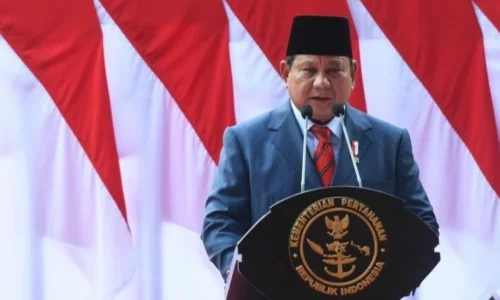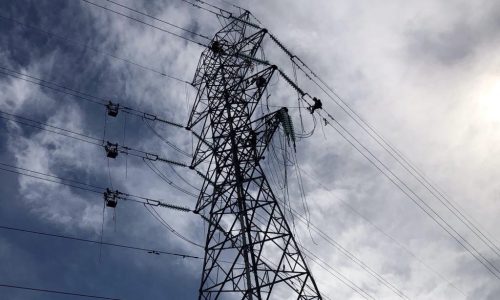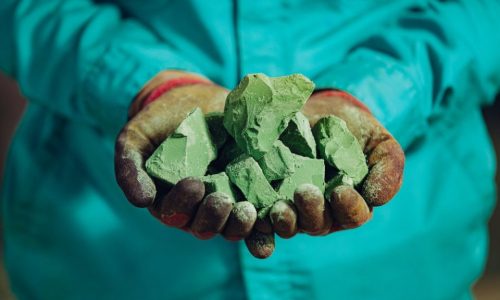The Ministry of Energy and Mineral Resources (ESDM) has confirmed that the draft National Electricity General Plan (RUKN) for 2024–2060 is aligned with the government’s ambitious economic growth target of 8 percent.
Pramudya, Coordinator of Electricity Generation Planning at the ESDM ministry, emphasized the importance of reliable electricity to support industrial expansion, particularly in downstream sectors.
“The current draft RUKN ensures the availability of electricity to support 8 percent economic growth. Reliable electricity infrastructure is already planned to stay ahead of demand,” Pramudya said during the Indonesia Policy Dialogue in Jakarta on Wednesday, December 11, 2024.
He further noted that the government’s focus on mineral downstreaming is essential for achieving economic targets and advancing the energy transition.
Downstreaming of critical minerals like nickel and cobalt is vital for Indonesia’s battery industry development, which is key to supporting Variable Renewable Energy (VRE) sources such as solar power plant (PLTS) and wind power plant (PLT Bayu).
“Nickel downstreaming leads to battery production, which is necessary to support VRE. Since renewable energy sources are intermittent, batteries will play a crucial role in ensuring reliability,” he explained.
The industrial sector, driven by smelters and mineral processing facilities, will dominate Indonesia’s economic growth, underscoring the need for adequate electricity supply.
“Focusing on fulfilling electricity demands for mineral processing and smelters also supports the energy transition,” Pramudya said.
Long-term vision
The 2024–2060 RUKN outlines strategies to ensure Indonesia’s electricity sector remains robust, adaptable, and integral to achieving national economic and energy goals. It serves as a critical roadmap to:
- Strengthen industrial capacity, particularly in high-growth downstream sectors;
- Advance renewable energy integration with battery storage solutions;
- Achieve a sustainable energy transition while supporting national development.










